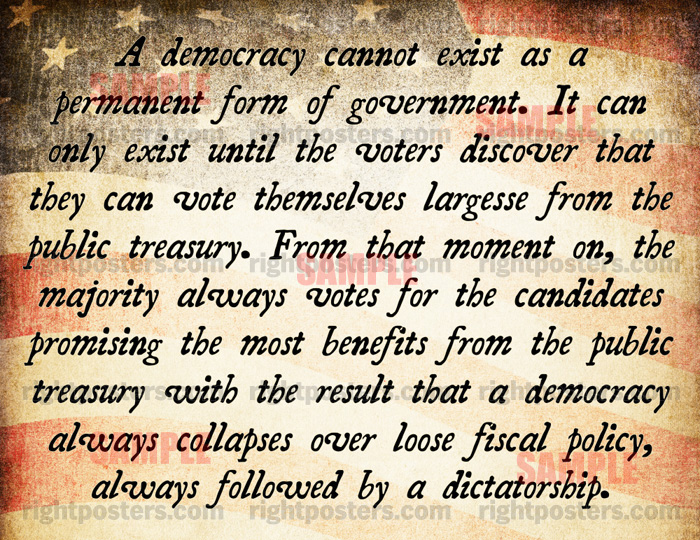

Like all other affections and passions, it operates with the greatest force where it meets with the greatest difficulties. Tytler goes on to generalize: "Patriotism always exists in the greatest degree in rude nations, and in an early period of society.

became gradually corrupted as the nation advanced in power and splendor." In Greece, for example, Tytler argues that "the patriotic spirit and love of ingenious freedom. Tytler believed that democratic forms of government such as those of Greece and Rome have a natural evolution from initial virtue toward eventual corruption and decline. The nature of a republican government gives to every member of the state an equal right to cherish views of ambition, and to aspire to the highest offices of the commonwealth it gives to every individual of the same title with his fellows to aspire at the government of the whole." To surmount these, a pitch of virtue is necessary which, in other situations, where the obstacles are less great and numerous, is not called in to exertion. That said however, Tytler does admit that there are individual exceptions to the rule, and that he is ready to allow "that this form of government is the best adapted to produce, though not the most frequent, yet the most striking, examples of virtue in individuals," paradoxically because a "democratic government opposes more impediments to disinterested patriotism than any other form. Such is the true picture of man as a political agent." "Or at best, he will employ himself in advancing the public good, as the means of individual distinction and elevation: he will promote the interest of the state from the selfish but most useful passion of making himself considerable in that establishment which he labors to aggrandize. Tytler dismisses the more optimistic vision of democracy by commentators such as Montesquieu as "nothing better than an Utopian theory, a splendid chimera, descriptive of a state of society that never did, and never could exist a republic not of men, but of angels," for "While man is being instigated by the love of power-a passion visible in an infant, and common to us even with the inferior animals-he will seek personal superiority in preference to every matter of a general concern". But those governors once selected, where is the boasted freedom of the people? They must submit to their rule and control, with the same abandonment of their natural liberty, the freedom of their will, and the command of their actions, as if they were under the rule of a monarch."
Alexander frazer tytler free#
It is true they elected governors but how are these elections brought about? In every instance of election by the mass of a people-through the influence of those governors themselves, and by means the most opposite to a free and disinterested choice, by the basest corruption and bribery.

These are, in fact, words without meaning. Speaking about the measure of freedom enjoyed by the people in a republic or democracy, Tytler wrote, "The people flatter themselves that they have the sovereign power. They were perpetually divided into factions, which servilely ranked themselves under the banners of the contending demagogues and these maintained their influence over their partisans by the most shameful corruption and bribery, of which the means were supplied alone by the plunder of the public money." In discussing the Athenian democracy, after noting that a great number of the population were actually enslaved, he went on to say, "Nor were the superior classes in the actual enjoyment of a rational liberty and independence. He believed that "a pure democracy is a chimera," and that "All government is essentially of the nature of a monarchy." In his Lectures, Tytler displayed a cynical view of democracy in general and representative democracies such as republics in particular.


 0 kommentar(er)
0 kommentar(er)
